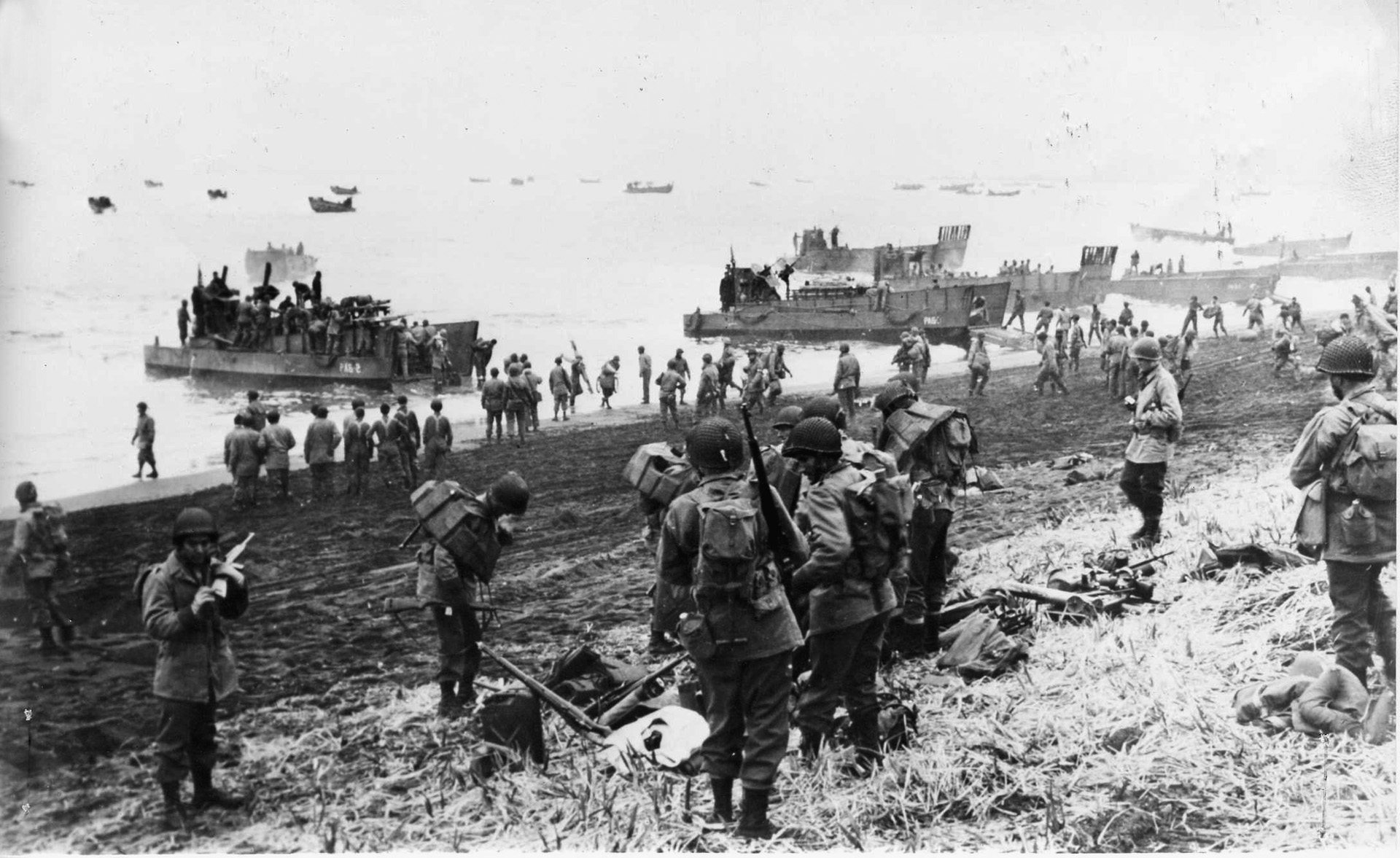A military family moves three times more often than a non-military family. This is according to the Department of Defense Education Activity. Frequent moves are the best and worst aspects of military life. On one hand is the adventure of making new friends, living in a new home, attending a new school and the chance to visit many corners of the country or even the world. On the other hand are separations that disrupt friendships, community connections, educational experiences and extracurricular activities.The worst hit by these moves are the children. Though often unacknowledged and brushed off since kids will always bounce back, the impact of Permanent Change of Station (PCS)to children is real. Parents can see it in their children’s somber moods as they break the news or hear it in their sobs deep in the recess of their bedrooms.The biggest challenge the military children face is transitioning to new schools. They have to deal with new rules, programs, tests, administrative procedures, quality of education and resources. They have to develop new student-student and student-teacher relationships, be accepted into extracurricular activities, special academic programs and hope to graduate without being held back.
The Interstate Compact
In an attempt to tackle the emotional and educational issues encountered by the children of military personnel as they transfer schools from one state to another, the Department of Defense and the Council of State Governments developed the Interstate Compact on Educational Opportunity for Military Children in 2008. The Washington State Legislature passed it and as of 2014, all 50 states had voluntarily adopted the compact.The compact provides consistency in states relative to school policies and procedures replacing the widely varying policies affecting transitioning military students. It pertains to military children of active duty members of the uniformed services including National Guard members and reserve on active duty members.It only applies to public schools and addresses key transitional issues including placement, enrollment, eligibility, attendance, and graduation.Some highlights from the compact include:
- To expedite classroom assignments, parents can present their child’s unofficial records to the new school before the official records are received by the school.
- Students can be automatically enrolled in special programs like International Baccalaureate or gifted and talented programs similar to those they were enrolled in their previous schools.
- Students should be given the opportunity to participate in extracurricular activities regardless of tryout deadlines or training.
- High school students should receive credit for coursework, tests and graduation requirements as their old school.
- Students can take time off without penalty to spend with family when a deployed parent comes home.
[caption id="" align="aligncenter" width="1000"]

Photo by Staff Sgt. Sierra A. Melendez via DVIDS[/caption]Ms. Lisa Ballard, 21st Space Wing school liaison officer insists that the compact does not give military children an unfair advantage. It, in fact, levels the playing field by compensating for the disadvantages that military children have been silently facing for many years.
Beyond the compact
With states at various stages of implementing the compact, military spouses are still not convinced that enough is being done to meet the educational and social-emotional needs of their children. Many have raised concerns that the compact is not working on the ground and their children are still facing transitional problems when moving to new schools.The issue of parental dissatisfaction with the interstate compact was brought up before the DOD family readiness council in August this year. According to the acting assistant secretary of defense for manpower and reserve affairs Stephanie Barna, stakeholders should come to the table and talk about how things are progressing. She proposed a comprehensive, collaborating conference involving DoD state liaison office officials, representatives from the state and others. Citing examples of military children who have been denied entry to the next gradeBarna echoed the frustrations of military spouses.In response to the parental dissatisfaction, the council made a report to Secretary of Defense Jim Mattis with a number of recommendations including:
- Continued standardization between states for military spouse professional licensing and certifications
- Continued standardization of the Exceptional Family Member Program (EFMP) across military services
- Expanded efforts to ease the working relationship of the DOD and the services with the family
- Integration of military family resources and programs into military treatment facilities
What to look forward to
In addition to the recommendations, the family council voted to focus in 2018, on additional issues that face military families. These include child wellbeing, spouse licensure, PTSD treatment and bringing more resources to military families using community partnerships.While leading the initiative to spotlight the constellation of needs transitioning military kids have the former second lady, Jill Biden, reiterated that there is so much that can be done to support these children. Educators have a huge role to play in supporting military children, making them feel welcome and helping them thrive in their new communities. Without focused support and resources, these children will find difficulty in adjusting to curriculum and school climate. They are likely to face social and emotional challenges, elevated stress and are at risk of depression.



%201.svg)









